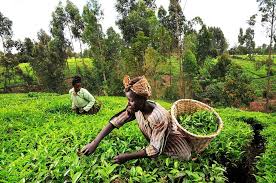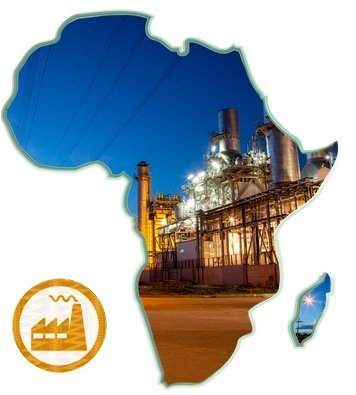Despite the tightening global financial conditions, African economies are expected to remain resilient with a stable outlook in 2023-2024, according to a report by the African Development Bank (AfDB) that however urges bold policy actions to mobilize and leverage private financing for development in the continent.
Africa’s average GDP growth is projected to stabilize at 4% in the next two years, up from 3.8% in 2022, says the report titled “Africa’s Macroeconomic Performance and Outlook (MEO) 2023“.
Presenting the report, AfDB’s Chief Economist and Vice President Kevin Urama noted that African economies could benefit from high demand for commodities as countries seek alternatives for food and energy in response to disruptions caused by the war in Ukraine. Urama urged African countries to strive for higher growth rates, more inclusive economies, and greater resilience to external shocks.
While the global economy faces rising uncertainty, the stable outlook projected for 2023-2024 reflects the continuing policy support in Africa and global efforts to mitigate the impact of external shocks. However, African countries are facing unfavorable global conditions, including rising inflation, higher debt servicing costs, and increased risk of debt distress. Urama noted that tightening financial conditions and the appreciating US dollar have had dire consequences for most African economies, making it difficult for African countries to access international capital markets for new financing.
Most African currencies, especially in commodity-exporting countries, lost substantial value against the dollar in 2022 due to monetary policy tightening in the United States. The depreciation rates ranged from 21% in Malawi to 69% in South Sudan. Urama urged bold policy actions to meet the significant financing gaps in Africa, stating that “it is imperative to enact policies that can mobilize and leverage private financing for development in Africa.” African countries’ fiscal positions have already been stretched by Covid-19 policy responses and support for vulnerable populations against rising food and energy prices amid high debt and the impacts of climate change.



